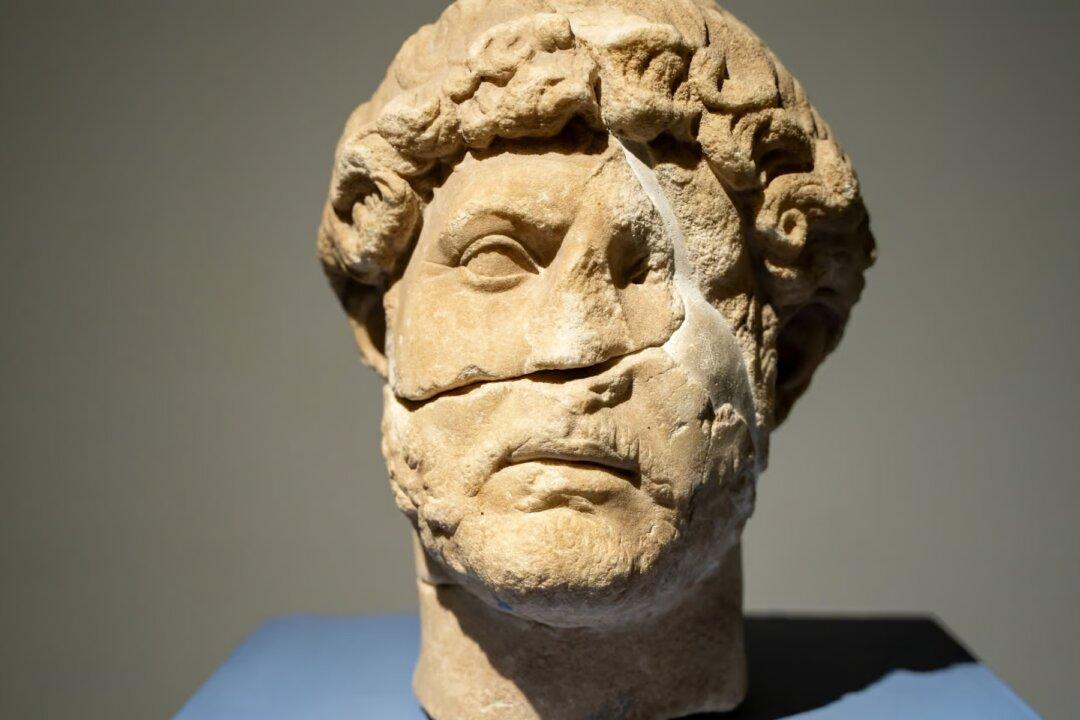Commentary
The “Twitter Files” have exposed numerous contacts between U.S. government officials and Twitter and requests for suppression of accounts or content: notably, in the context of alleged COVID-19 “disinformation.” But what they have not revealed is that there was in fact a formal government program explicitly dedicated to “Fighting COVID-19 Disinformation” in which Twitter, as well as all other major social media platforms, were enrolled.





